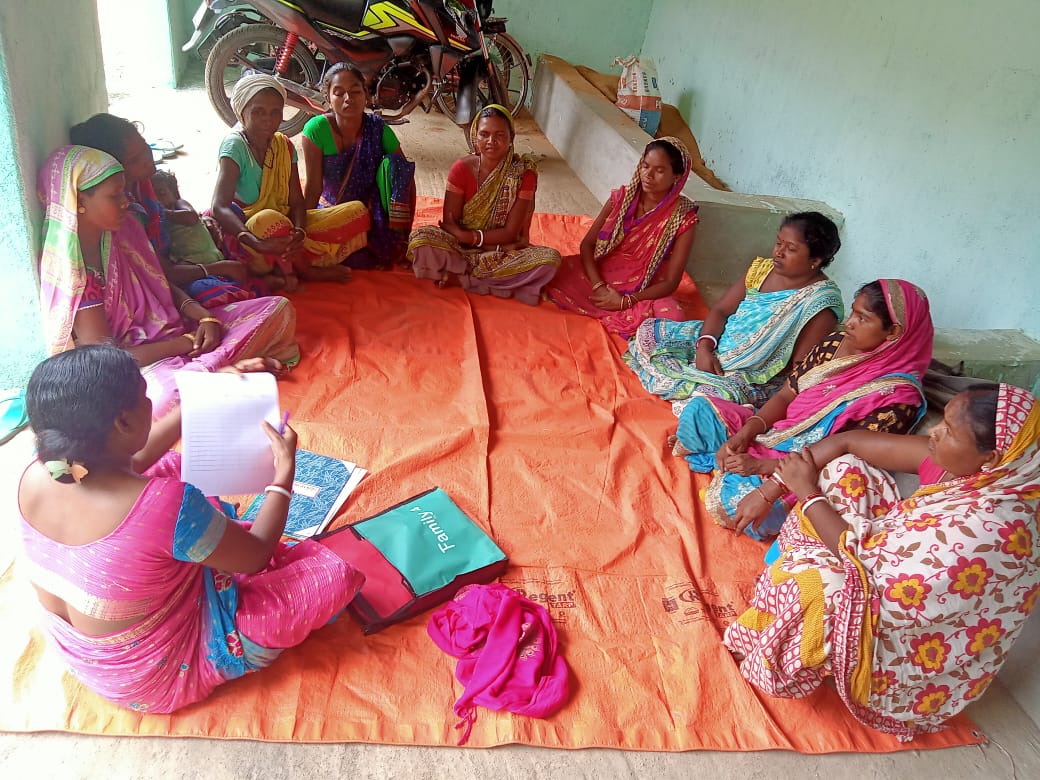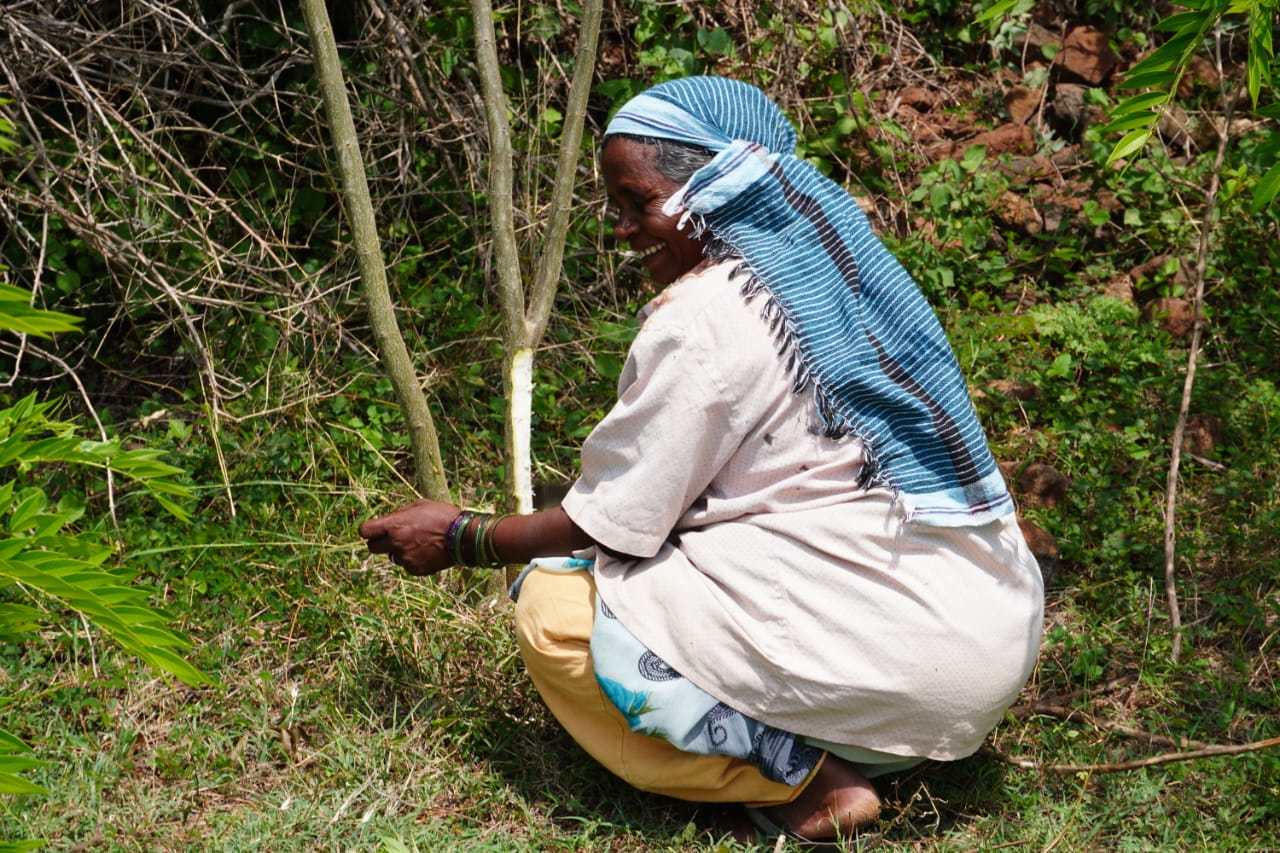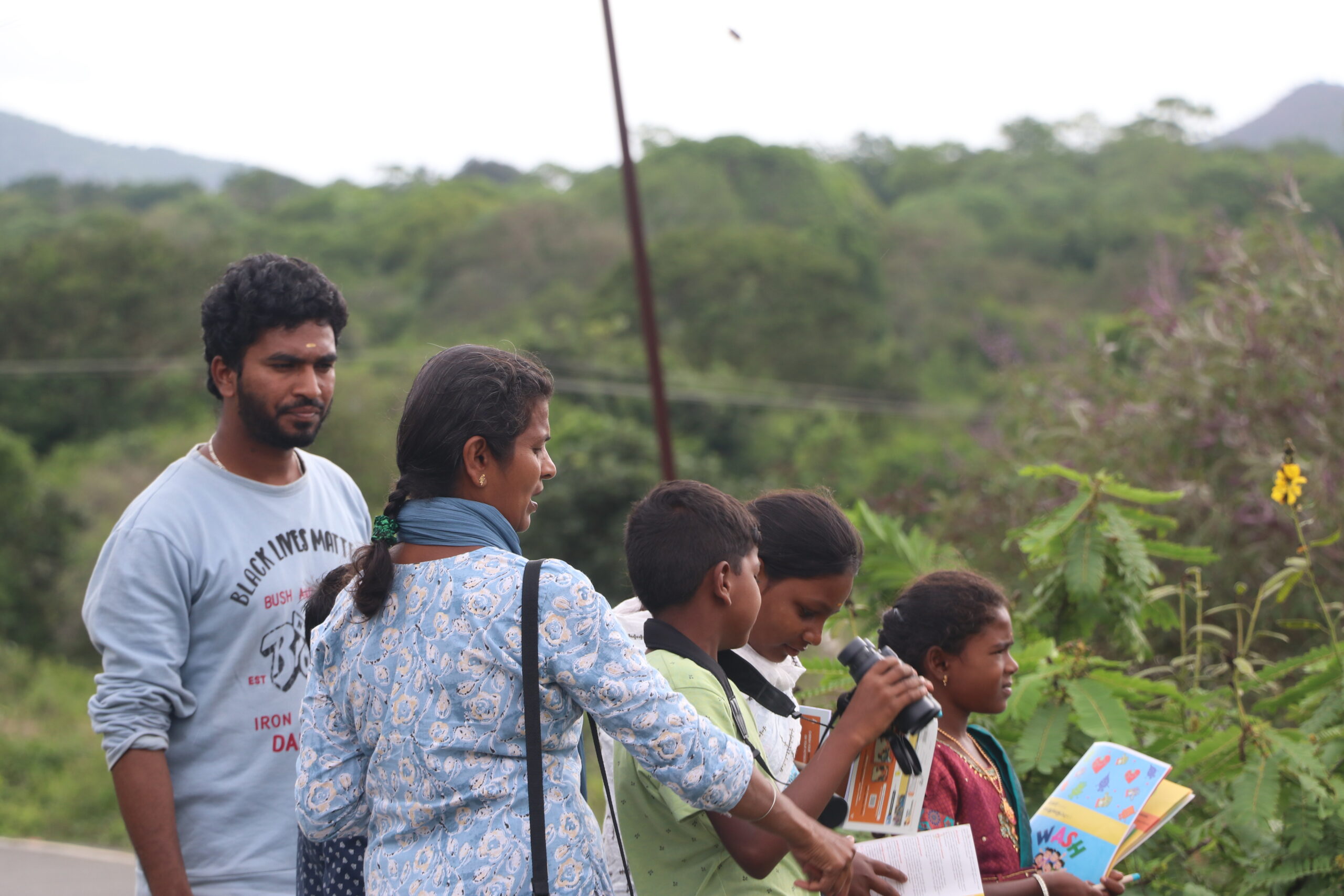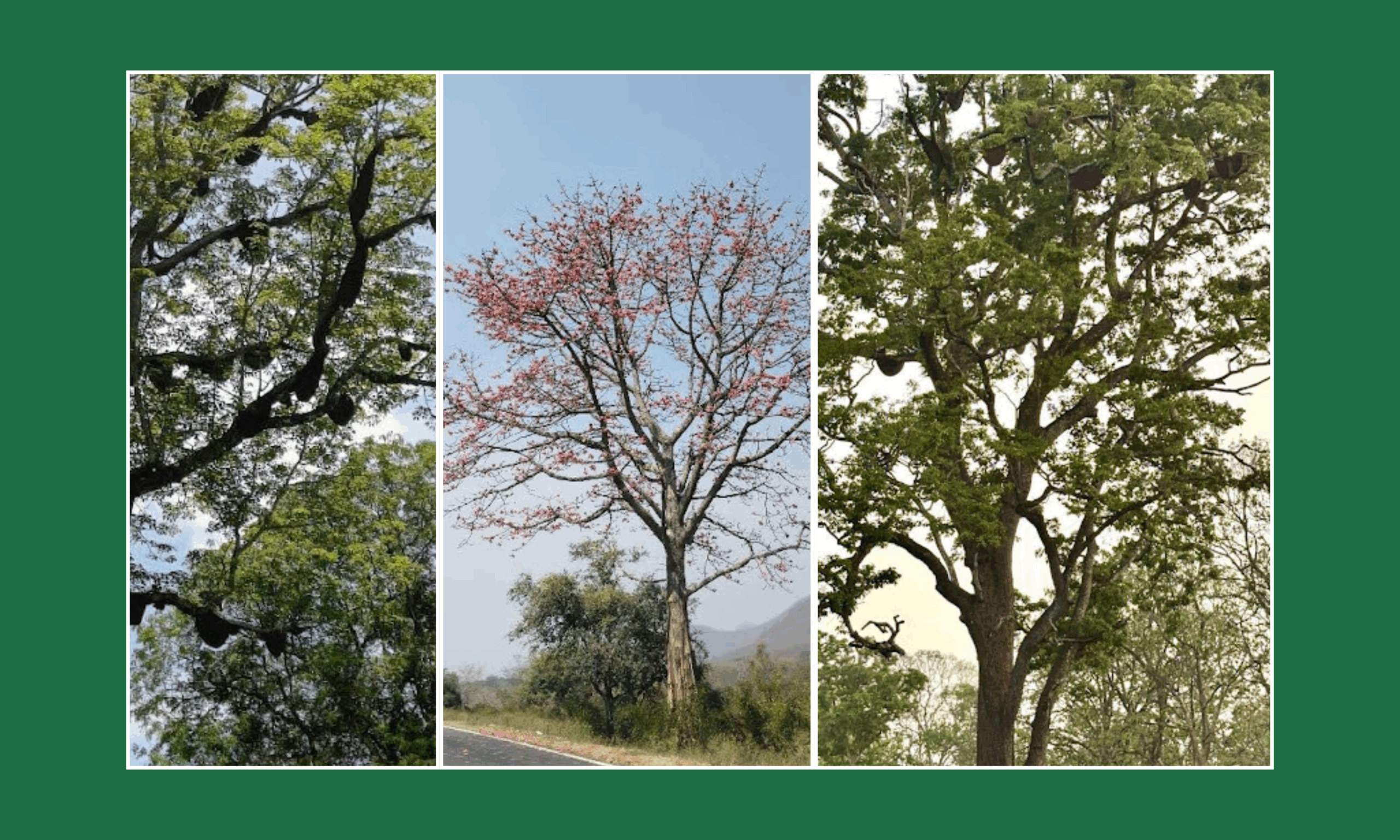By Jyoti Patale, Eastern India Team Consultant
In the Musabani block of West Singhbhum District, Jharkhand, lies Vikrampur, a Santhal village with
a few Sabar community members. Since 2022, Keystone Foundation, led by Jagabandhu Sanda
(Consultant) and Community Resource Person (CRP) Kapra Mahali, has been working closely with this
community. Members of Vikrampur are involved in promoting agroecology approaches, conserving forests and natural resources, and creating sustainable livelihoods. Kapra Mahali has actively been organizing village-level meetings and conducting awareness sessions with the women of Vikrampur Nawatola. Two women collectives, Malibaha and Bidu Chandan Aajeevika Sakhi Mandal, have emerged from these meetings. These two community enterprises comprise of 20 women from Santhal, with some of them from the Sabar community. Initially, they were only involved in monthly money collection. Through continuous dialogue, different ideas have emerged to make the women’s collectives self-sufficient through livelihood options.
Recognizing the abundance of Mahua trees in their surroundings, the women saw an opportunity to
harness this local resource for collective gain. In a bold move, the collectives decided to procure
Mahua from the villagers themselves, bypassing the middlemen who had long controlled the trade.
With planning and support from the Keystone Foundation, they acquired essential materials such as
jute bags, weighing machines, and cotton mats to facilitate the process.
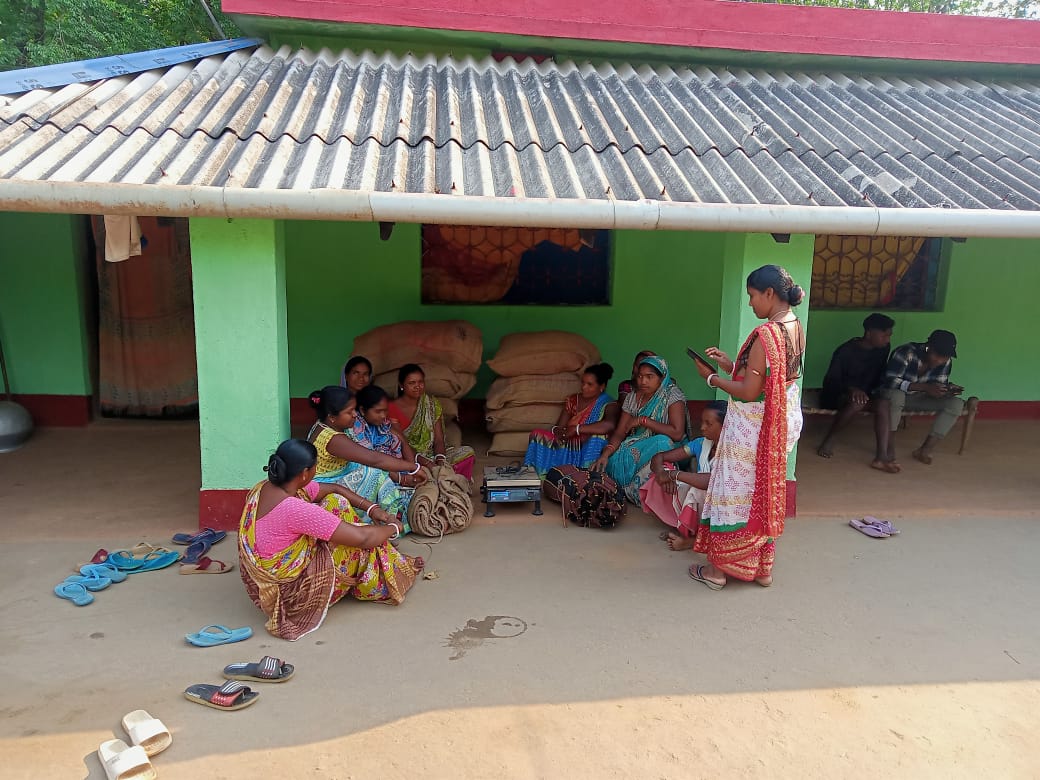
Pooling their resources, the women purchased 3 quintals of Mahua from their own savings and an
additional 2 quintals with Rs. 6000 financial assistances from the Keystone Foundation. Collectively,
they undertook the task of cleaning and packing the Mahua for sale in the nearby market. The
women conducted a small market study and are waiting for a price hike to make more profit. Their
decision to sell directly has not gone unnoticed, unsettling the traditional middlemen. However, the
villagers remain resolute in their commitment to the collectives, recognizing the transformative
potential of this initiative.
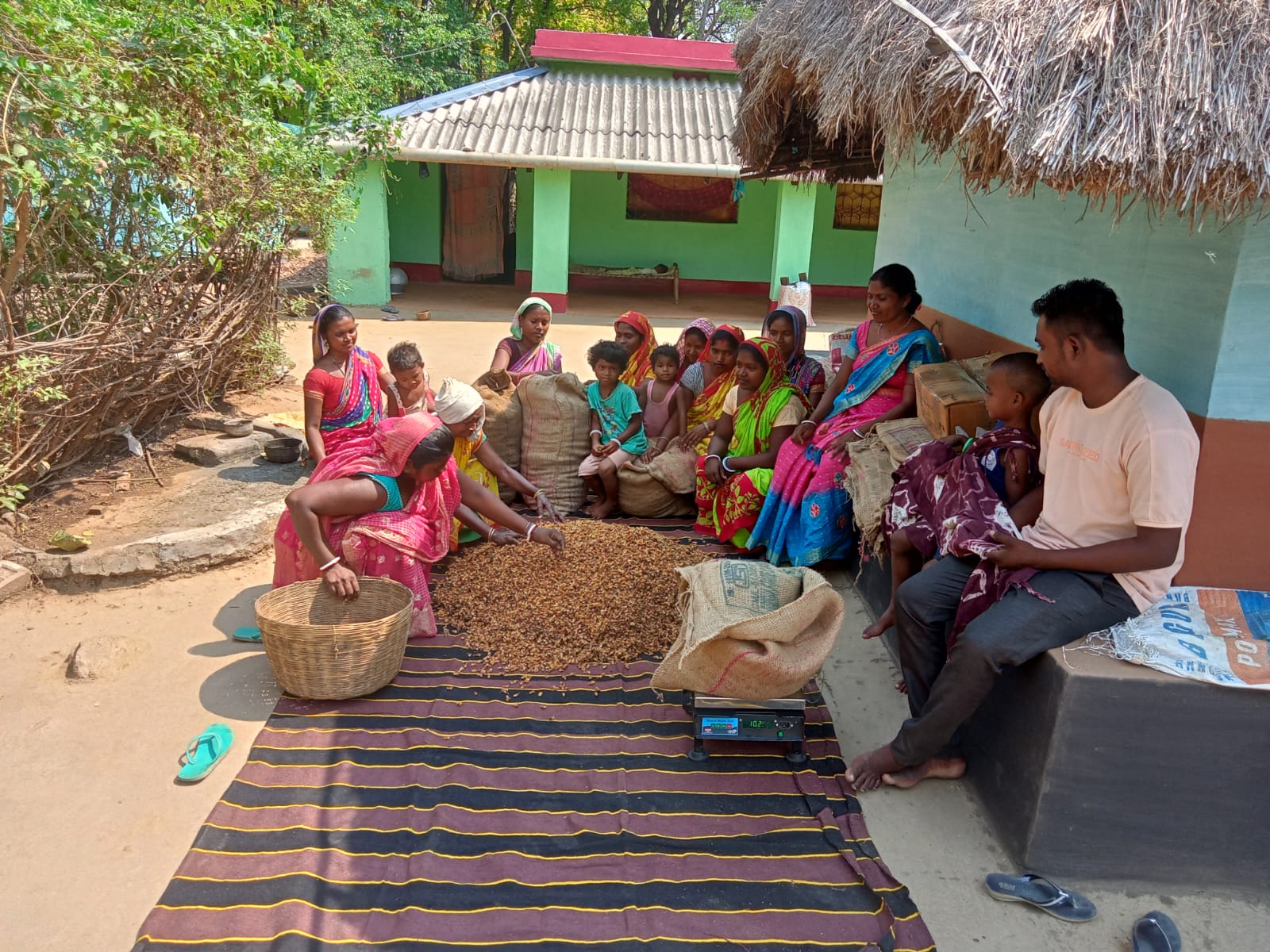
The income generated from the Mahua community enterprise holds immense significance for the women of Vikrampur Nawatola. Kapra shared that this work provides not only financial stability but also the means to support their children’s education and meet their daily expenses. From an initial lack of
confidence to being involved in planning and executing the plan, the women have gained a lot of
courage and self-confidence for their collectives.
Through their initiative, the women have established examples of viable livelihood options and shattered stereotypes, empowering themselves as agents of change. These community enterprises will serve as a
beacon of hope for other marginalized communities, demonstrating the power of collective action
and the resilience of women.

